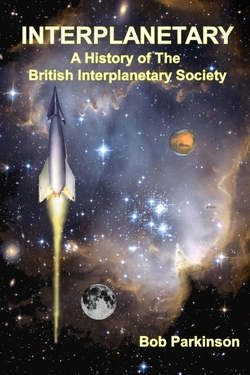“A recent book by the mathematician Amir Aczel makes the case for the probability of extraterrestrial life being 1. The physicist Lee Smolin wrote that ‘the argument for the non-existence of intelligent life is one of the most curious I have ever encountered; it seems a bit like a ten-year-old child deciding that sex is a myth because he has yet to encounter it.’ The late Stephen Jay Gould, referring to Tipler’s contention that ETCs would deploy probe technology to colonize the Galaxy, wrote that ‘I must confess that I simply don’t know how to react to such arguments. I have enough trouble predicting the plans and reactions of people closest to me. I am usually baffled by the thoughts and accomplishments of humans in different cultures. I’ll be damned if I can state with certainty what some extraterrestrial source of intelligence might do.’
“It is easy to sympathize with this outlook. When considering the type of reasoning employed with the Fermi paradox, I cannot help but think of the old joke about the engineer and the economist who are walking down a street. The engineer spots a banknote lying on the pavement, points to it, and says, ‘Look! There’s a hundred-dollar bill on the pavement.’ The economist walks on, not bothering to look down. ‘You must be wrong,’ he says. ‘If there were money there, someone would already have picked it up.’ In science it is important to observe and experiment; we cannot know what is out there unless we look. All the theorizing in the world achieves nothing unless it passes the test of experiment.”
Stephen Webb, from Where Is Everybody? (New York: Copernicus Books, 2002), p. 24.
Centauri Dreams note: Webb’s book is a great read and belongs on your shelf (though I’ve never seen such an exasperating method of footnoting). In the above, ETC means ‘extraterrestrial civilization.’ The Aczel book is Probability 1: Why There Must Be Intelligent Life in the Universe (New York: Harcourt Brace, 1998). Lee Smolin is quoted from The Life of the Cosmos (London: Weidenfeld and Nicolson, 1997). The Gould quote comes from The Flamingo’s Smile (London: Penguin, 1985); cf. the essay “SETI and the Wisdom of Casey Stengel.”

